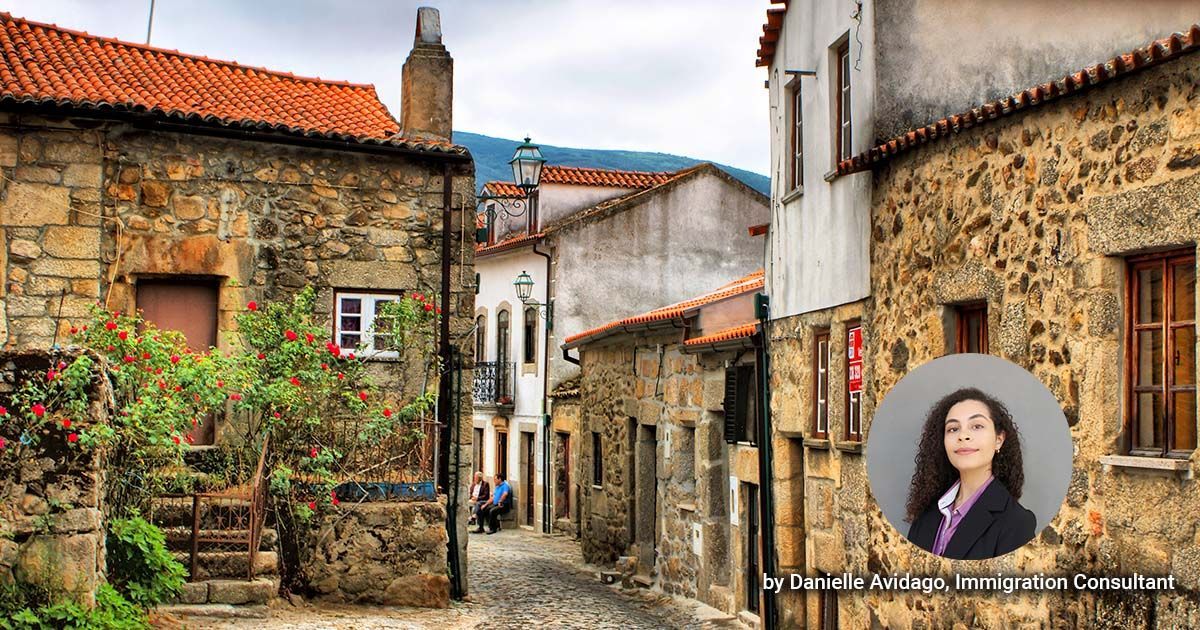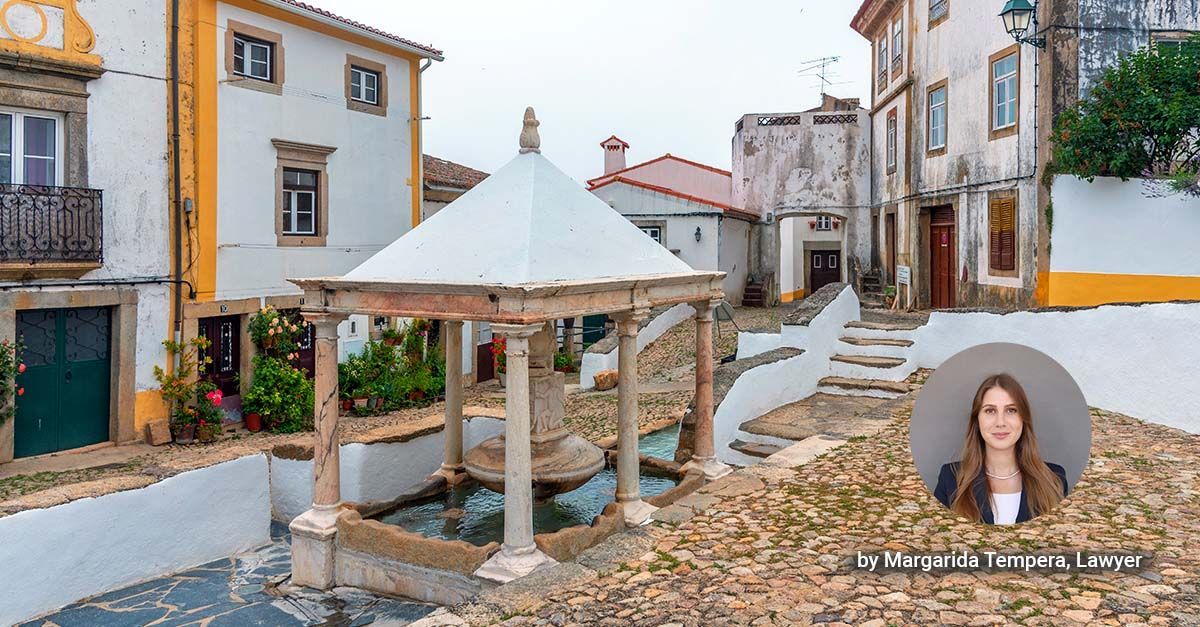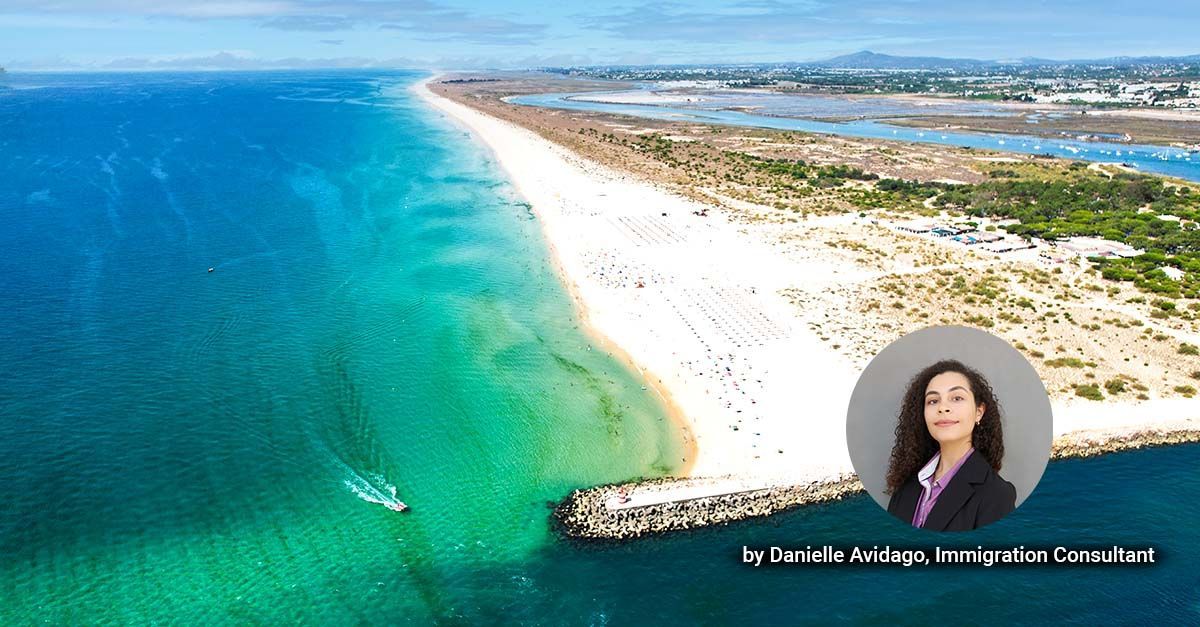Updated COVID measures in Portugal
With the Delta variant spreading across the country and the increased number of Covid positive cases, the Portuguese Government, on the 8th July, announced new measures to stop the spread.
Each municipality has been ranked according to the number of Covid cases per 100k inhabitants, to which corresponds a set of measures, as follows:
“Very High Risk”
> 240 cases per 100k inhabitants
or 480 if they are low-density municipalities
Municipalities: Albergaria-a-Velha, Albufeira, Alcochete, Almada, Amadora, Arruda dos Vinhos, Aveiro, Avis, Barreiro, Benavente, Cascais, Elvas, Faro, Ílhavo, Lagoa, Lagos, Lisboa, Loulé, Loures, Lourinhã, Mafra, Matosinhos, Mira, Moita, Montijo, Nazaré, Odivelas, Oeiras, Olhão, Oliveira do Bairro, Palmela, Peniche, Portimão, Porto, Santo Tirso, São Brás de Alportel, Seixal, Sesimbra, Setúbal, Silves, Sines, Sintra, Sobral de Monte Agraço, Vagos, Vila Franca de Xira, Vila Nova de Gaia e Viseu.
Measures:
- Limitation of circulation on public roads between 11pm and 5am;
- Restaurants are open until 10:30pm.
- On Fridays from 7pm onwards and on Saturdays, Sundays and public holidays throughout the day, the access to restaurants for indoor meals is only allowed for holders of a digital certificate or negative test *;
- The limitation on the number of people per table remains the same: maximum of 4 people per table inside and 6 people per table on the terrace;
- Requirement of digital certificate or negative test for accessing tourist establishments and local accommodation *;
- Working from home is mandatory whenever activities allow it;
- Cultural activities until 10:30pm;
- Weddings and baptisms with 25% of the capacity;
- Food retailers are open until 9pm during the week and until 7pm on weekends and public holidays;
- Non-food retailers and service providers are open until 9pm during the week and until 3:30pm on weekends and public holidays;
- Permission to practice medium-risk sports without public;
- Permission for outdoor physical activity with up to six people and gyms without group classes;
- Outdoor events with reduced capacity, to be defined by the Health Authorities;
- “Lojas do Cidadão” with face-to-face service by appointment only.
“High Risk”
> 120 cases per 100k inhabitants
or 240 if they are low-density municipalities
Municipalities: Alcobaça, Alenquer, Arouca, Arraiolos, Azambuja, Barcelos, Batalha, Bombarral, Braga, Cantanhede, Cartaxo, Castro Marim, Chaves, Coimbra, Constância, Espinho, Figueira da Foz, Gondomar, Guimarães, Leiria, Lousada, Maia, Monchique, Montemor-o-Novo, Óbidos, Paredes, Paredes de Coura, Pedrógão Grande, Porto de Mós, Póvoa de Varzim, Rio Maior, Salvaterra de Magos, Santarém, Santiago do Cacém, Tavira, Torres Vedras, Trancoso, Trofa, Valongo, Viana do Alentejo, Vila do Bispo, Vila Nova de Famalicão e Vila Real de Sto. António.
Measures:
- Limitation of circulation on public roads between 11pm and 5am;
- On Fridays from 7pm onwards and on Saturdays, Sundays and public holidays throughout the day, access to restaurants for indoor meals is only allowed for holders of a digital certificate or negative test *;
- The limitation on the number of people per table remains the same: maximum of 6 people per table inside and 10 people per table on the terrace;
- Requirement of digital certificate or negative test for accessing tourist establishments and local accommodation *;
- Working from home is mandatory whenever activities allow it;
- Cultural activities until 10:30pm;
- Weddings and baptisms with 50% of the capacity;
- Food and non-food retailers and service providers are open until 9pm;
- Permission to practice all sports, without public;
- Permission to practice physical activity outdoors and in gyms;
- Outdoor events with reduced capacity, to be defined by the Health Authorities;
- “Lojas do Cidadão” with face-to-face service by appointment only.
The rest of the country continues with the same measures as before:
Municipalities: Águeda, Alcoutim, Aljustrel, Amarante, Anadia, Cadaval, Caldas da Rainha, Castelo de Paiva, Estarreja, Fafe, Felgueiras, Guarda, Marco de Canaveses, Marinha Grande, Mogadouro, Montemor-o-Velho, Murtosa, Ourém, Ovar, Paços de Ferreira, Penafiel, Santa Maria da Feira, São João da Madeira, Serpa, Valpaços, Viana do Castelo, Vila do Conde, Vila Real, Vila Viçosa e Vizela.
Measures:
- Working from home is recommended whenever activities allow it;
- Requirement of digital certificate or negative test for accessing tourist establishments and local accommodation *;
- Restaurants and cafes (maximum of 6 people inside or 10 people on the terrace) until midnight for admission and 1am for closing;
- Commerce with the respective licencing schedule;
- Public transport with a capacity of 2/3 or full capacity in transports that operate exclusively with marked seats;
- Cultural activities until midnight;
- Event venues with 50% of the capacity;
- Outdoor performances, with marked seats and rules to be defined by the Health Authorities;
- Sports venues with 33% of the capacity.
* If one does not hold a digital certificate, a negative test is required (+12 years old) upon arrival to restaurants and tourist establishments and local accommodation (during check-in). These tests can be either:
- A PCR test (valid for 72 hours);
- An Antigen test (valid for 48 hours);
- A Rapid Antigen Self-Test – which can be done at the entrance of the restaurant in front of a staff member or performed by a Health professional (who should provide a statement).
Source: Portuguese Government
© COPYRIGHT 2023 LVP ADVOGADOS, ALL RIGHTS RESERVED PRIVACY TERMS & CONDITIONS LEGAL STATEMENTS











